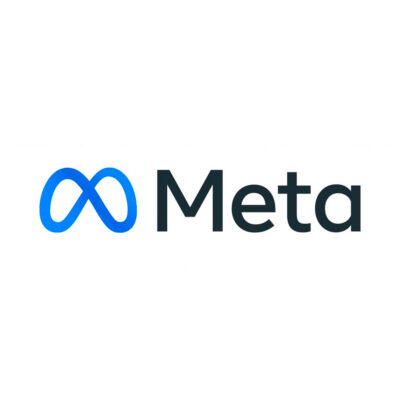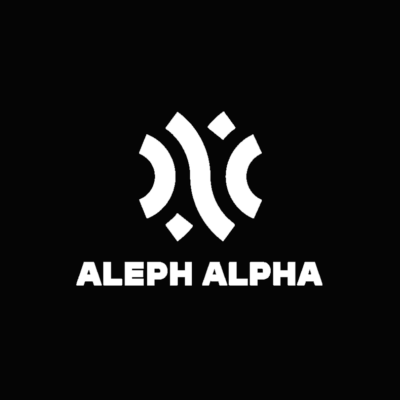Compare Models
-
Aleph Alpha
Luminous-base
$0.0055Aleph Alpha have the Luminous large language model. Luminous models vary in size, price and parameters. Luminous-base speaks and writes 5 languages: English, French, German, Italian and Spanish and the model can perform information extraction, language simplification and has multi-capable image description capability. Aleph Alpha is targeting “critical enterprises” — organizations like law firms, healthcare providers and banks, which rely heavily on trustable, accurate information. You can try Aleph Alpha models for free. Go to the Jumpstart page on their site and click through the examples on Classification and Labelling, Generation, Information Extraction, Translation & Conversion and Multimodal. Aleph Alpha are based in Europe, allowing customers with sensitive data to process their information in compliance with European regulations for data protection and security on a sovereign, European computing infrastructure. -
Aleph Alpha
Luminous-extended
$0.0082Aleph Alpha luminous-extended is the second largest model which is faster and cheaper than Luminous-supreme. the model can perform information extraction, language simplification and has multi-capable image description capability. You can try Aleph Alpha models with predefined examples for free. Go to at the Jumpstart page on their site and click through the examples on Classification and Labelling, Generation, Information Extraction, Translation and Conversion and Multimodal. Aleph Alpha are based in Europe, which allows customers with sensitive data to process their information in compliance with European regulations for data protection and security on a sovereign, European computing infrastructure. -
Aleph Alpha
Luminous-supreme
$0.0319Supreme is the largest model but the most expensive Aleph Alpha Luminous model. Supreme can do all the tasks of the other smaller models (it speaks and writes 5 languages, English, French, German, Italian and Spanish and can undertake Information extraction, language simplification, semantically compare texts, summarize documents, perform Q&A tasks and more) and is well suited for creative writing. You can try out the Aleph Alpha models for free. Go to the Jumpstart page on their site and click through the examples on Classification & Labelling, Generation, Information Extraction, Translation & Conversion and Multimodal. -
Aleph Alpha
Luminous-supreme-control
$0.0398Supreme-control is its own model, although it is based on Luminous-supreme and is optimized on a certain set of tasks. The models differ in complexity and ability but this model excels when it can be optimized for question and answering and Natural Language Inference.You can try out the combination of the Aleph Alpha models with predefined examples for free. Go to at the Jumpstart page on their site and click through the examples on Classification & Labelling, Generation, Information Extraction, Translation & Conversion and Multimodal. -
StableLM
StableLM-Base-Alpha -7B
FREEStability AI released a new open-source language model, StableLM. The Alpha version of the model is available in 3 billion and 7 billion parameters. StableLM is trained on a new experimental dataset built on The Pile, but three times larger with 1.5 trillion tokens of content. The richness of this dataset gives StableLM surprisingly high performance in conversational and coding tasks, despite its small size. The models are now available on GitHub and on Hugging Face, and developers can freely inspect, use, and adapt our StableLM base models for commercial or research purposes subject to the terms of the CC BY-SA-4.0 license.
-
OpenAI
text-davinci-003
$0.02Text-davinci-003 is recognized as GPT 3.5 and is a variant of the GPT-3 model. While both Davinci and text-davinci-003 are powerful models, they differ in a few key ways. Text-davinci-003 is a newer and more capable model explicitly designed for instruction-following tasks. Text-davinci-003 was trained on a more recent dataset containing data up to June 2021. It can do any language task with better quality, longer output, and consistent instruction-following than the Curie, Babbage, or Ada models. Text-davinci-003 supports a longer context window (max prompt plus completion length) than Davinci.For those requesting the OpenAI’s API, GPT-3.5-turbo may be a better choice for tasks that require high accuracy in math or zero-shot classification and sentiment analysis than text-davinci-003. To note, GPT-3.5-turbo performs at a similar capability to text-davinci-003 but at 10 percent the price per token. OpenAI recommends GPT-3.5-turbo for most use cases. -
OpenAI
text-embedding-ada-002
$0.0001An embedding API model, such as Ada, is a powerful tool that converts words into numerical representations, enabling computers to understand and process natural language more effectively. This process is crucial for developing machine learning algorithms and artificial intelligence systems that can interact with humans, analyze text, or make predictions based on text. OpenAI’s text embeddings is built for advanced search, clustering, topic modeling, and classification functionality.Access is available through a request to OpenAI’s API. -
OpenAI
Whisper
0.006Whisper is an automatic speech recognition (ASR) system capable of transcribing in multiple languages as well as translating them into English. With Whisper, you can easily transcribe speech into text, allowing you to capture conversations and meetings for future reference. And if you need to communicate with someone who speaks a different language, Whisper can help with that too — it can translate many different languages into English, making it easier than ever to bridge the gap and ensure that everyone is on the same page.
Whisper is a general-purpose speech recognition model. It is trained on a large dataset of diverse audio and is also a multitasking model that can perform multilingual speech recognition, speech translation, and language identification. The speech to text API has two endpoints (transcriptions and translations) and file uploads are currently limited to 25 MB, and the following input file types are supported: mp3, mp4, mpeg, mpga, m4a, wav, and webm.







